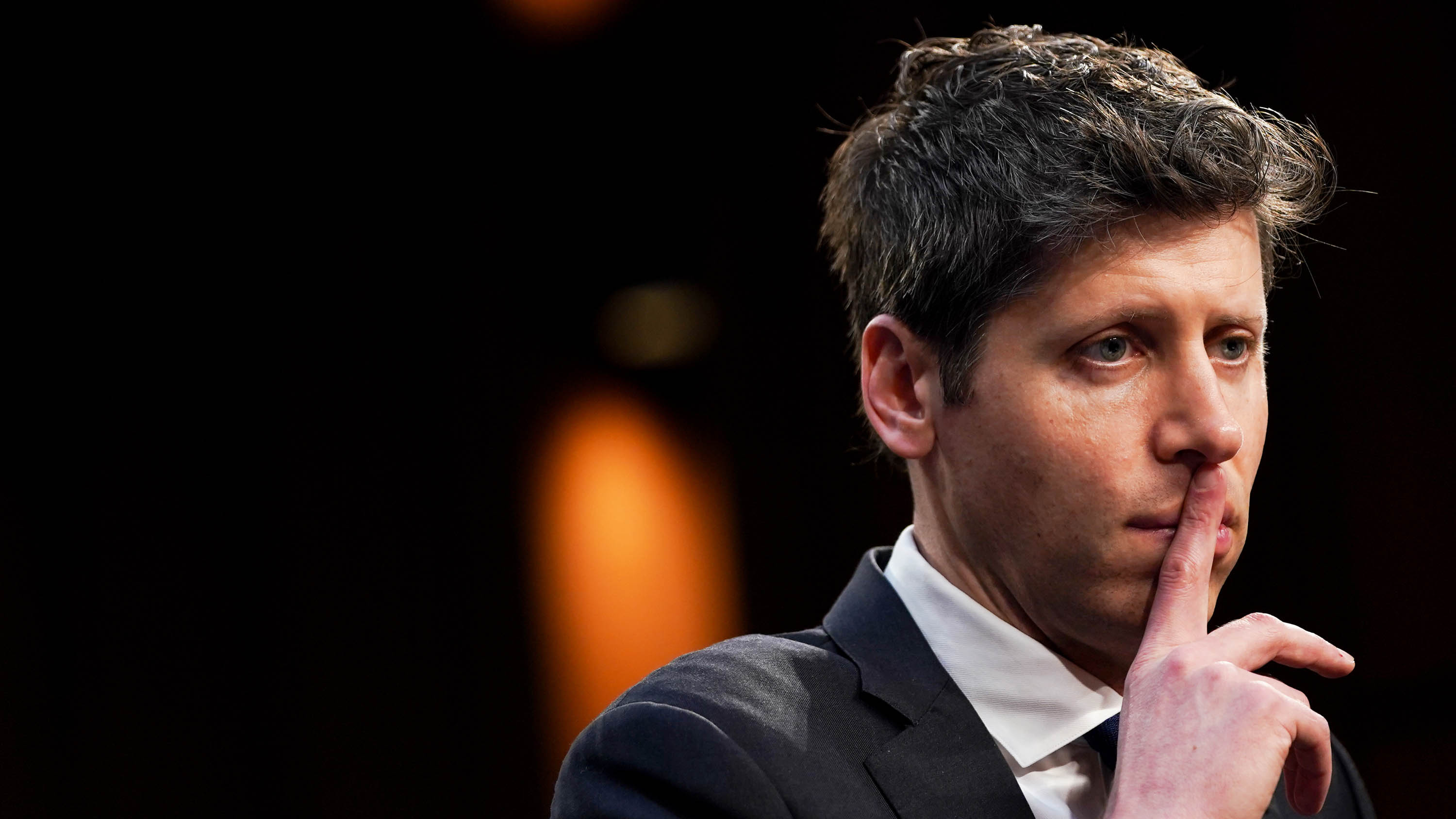Developer Offer
Try ImaginePro API with 50 Free Credits
Build and ship AI-powered visuals with Midjourney, Flux, and more — free credits refresh every month.
OpenAI Scrambled During ChatGPTs Ghibli Craze Altman Reveals
 Sam Altman, chief executive officer of OpenAI Inc. (Image credit: Getty Images | Bloomberg)
Sam Altman, chief executive officer of OpenAI Inc. (Image credit: Getty Images | Bloomberg)
ChatGPT-4o Sparks a Viral Sensation
Earlier this year, OpenAI unveiled its impressive new AI-powered image generator, ChatGPT-4o. This new model, a significant step up from predecessors like DALL-E 3, demonstrated a remarkable ability to generate photorealistic images with high accuracy – even mastering the tricky task of creating a glass of wine filled to the brim.
However, what truly captured the public's imagination was the viral Studio Ghibli meme trend. Despite some copyright concerns, users enthusiastically transformed their images into classic animation styles, fearing the dreaded FOMO (fear of missing out).
The Price of Virality: GPU Meltdown
This widespread obsession with Ghibli-style memes, as we've learned, didn't come cheap. OpenAI CEO Sam Altman took to X (formerly Twitter) to announce a delay in rolling out the new image generator to free users.
The primary culprit? A critical shortage of GPUs. Altman famously stated, "Our GPUs are melting." As a direct consequence, OpenAI had to temporarily introduce rate limits while the company worked on enhancing system efficiency.
One Million Users in an Hour: A "Biblical Demand"
Despite these operational hurdles and the measures implemented, the impact of the Ghibli trend was astounding. Driven by what Altman described as a "biblical demand" for ChatGPT-4o's Ghibli memes, OpenAI's ChatGPT gained over one million new users in under a single hour.
Behind the Scenes: OpenAI's "Unnatural" Measures
While OpenAI's efforts to keep services running were significant, CEO Sam Altman recently revealed the extent of the internal scramble. He admitted that the company had to “do a lot of unnatural things,” as highlighted in a post by vitrupo on X.
A tweet referencing Altman's comments further elaborated:
"Sam Altman says the Ghibli moment forced OpenAI to “do a lot of unnatural things.” That surge exposed the limits and the need for Stargate to exist. “More compute means we can give you more AI.” pic.twitter.com/TisSzXY8tU" — As shared on X (formerly Twitter), May 20, 2025.
Speaking on the situation, Altman remarked:
"I've seen viral moments but I've never seen anyone have to deal with an influx of usage like this. It was unprecedented wild. And also like making an image is not exactly like a low compute task. The way we do it with the new image gen."
He detailed that OpenAI was compelled to take unusual steps, such as borrowing compute capacity normally allocated for research and development, and even slowing down certain features – all due to the pressing GPU shortages.
The Core Challenge: The Need for More Compute
Altman emphasized that if OpenAI had possessed more abundant resources, it would have been better equipped to handle such a massive and sudden surge in demand for its services. His concluding thought underscored a critical reality in the advancement of artificial intelligence: "More compute means we can give you more AI." This incident starkly illustrates the immense computational power required to fuel cutting-edge AI and the challenges of scaling to meet unexpected viral demand.
Compare Plans & Pricing
Find the plan that matches your workload and unlock full access to ImaginePro.
| Plan | Price | Highlights |
|---|---|---|
| Standard | $8 / month |
|
| Premium | $20 / month |
|
Need custom terms? Talk to us to tailor credits, rate limits, or deployment options.
View All Pricing Details

